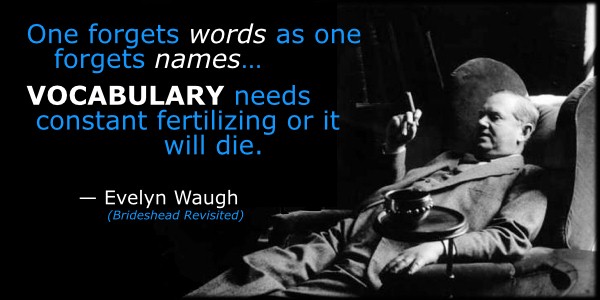What is Lethologica?
 It happens to us so many times when we intently get engaged in discussions with somebody, we forget important words; how much ever we try to recall those words it becomes difficult for the mind and brain to recall them. If you cannot recall the precise words for something, you are facing the problem called ‘lethologica’ which may lead you to awkwardness sometimes.
It happens to us so many times when we intently get engaged in discussions with somebody, we forget important words; how much ever we try to recall those words it becomes difficult for the mind and brain to recall them. If you cannot recall the precise words for something, you are facing the problem called ‘lethologica’ which may lead you to awkwardness sometimes.
Especially when addressing a conflict with somebody, such as a colleague, a boss, or somebody important the words matter. Sometimes, despite of how good your intentions are, if you use some wrong words, it can further upset the person and just make the issue worse. Other times you might say the exact thing that helps the person go from seemingly mad to cool as a cucumber.
When we forget the right words during discussions, the flow of conversation gets hampered. And, listeners also get irritated. There are many other theories that attempt to explain the phenomenon lethologica. One more interesting thing about it is that when you are in a group of friends, the probability of everyone forgetting the world increases. When you seek help from others to recall the blocking word the discussion may go haywire. Most of the times, topic gets diverted. This is a common occurrence for most of the teachers/professors. While talking to the class, suddenly they forget the right term, the right expression, or the right phrase and the class is disturbed. The chances are, after the session these genius people remember the word. Sometimes people remember the word after a month or a week.
In psychology this phenomenon is known as “presque vu” or informally “tip of the tongue”. According to which when we make a query to get back some word from our memory, it often happens that the brain obtains a related word which is not the one we really asked for and is incorrect. Now this word then blocks the recovery of the correct word and that is why since this word is generally closely related to the word we want, we usually tell the first letter or some other characteristic. These blocking words are the phonological neighbors of the target word. This is quite common and for God’s sake don’t blame your memory for that. It’s just the way our brain works.
Do you know human memory has 3 parts: learn, store and recall. You need to see which part is faltering. When we don’t get the right word there could be a number of reasons. You could either be stressed which disturbs the recall mechanism. Or you get distracted by something more important, or you could also be multi tasking – thinking of many things at a time. Human brain can think of one thing at a time. That’s about it. Multi tasking contributes to mind wandering. Age can also hamper brain’s recall system.
Making smaller statements can help. Smaller combination of words is nice to talk and also to hear. Every language has its uniqueness; if words are not properly used, meaning can change.
We should not worry about making mistakes. Nothing should hold us back more than trying to get the discussion to logical and rational. The moment we get worried about making mistakes our fear will prevent us from taking part in productive conversations and making productive contributions. Never get stuck.
Everybody makes mistakes even while speaking their own mother tongue or native language. They are called ‘slips of the tongue’. What is important is getting your message across, not whether you use all the right words, modulation, tenses, and so on. So, if you can’t think of the exact word, try saying things in another way. Even your facial expressions or body language can express what you want to say. Its common thing: 9 out of 10 people undergo this problem. Lethologica is termed as a psychological disorder that periodically hinders a person’s ability to clearly articulate their thoughts and they temporarily forget names in conversations, words and phrases.
When you are engaged in discussion, try to listen better. If possible, help the person who is getting stuck with a word and allow him/her to make the point clear. Memory improvement and listening better works to an extent, but training the brain in this regard needs to be done with care and deliberation.














































